Filling empty raised bed quickly, ideas?
prairiemoon2 z6b MA
13 years ago
Related Stories
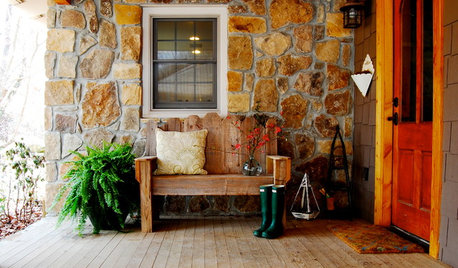
FURNITUREMeet the Quick-Change Artists of Interior Design
Are you missing a great little stool, ottoman or bench? Just look at the ways they can adapt to what you need now
Full Story
GARDENING FOR BUTTERFLIESA Quick-Start Guide to Bird-Watching for Fun and Learning
Set out some seed and grab your field guide. Bird-watching is an easy, entertaining and educational activity for the whole family
Full Story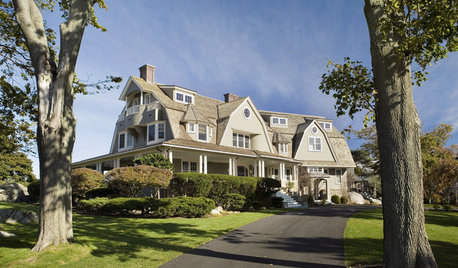
LIFEA Quick Downsizing Quiz for the Undecided
On the fence about downsizing? We help you decide whether that fencing should encircle a mansion or a mini trailer
Full Story
LIFE10 Quick Ways to Get Your House Ready for Company
Holiday checklist: See how to make your home 100-percent welcoming in an afternoon. Plus: How to be a good guest
Full Story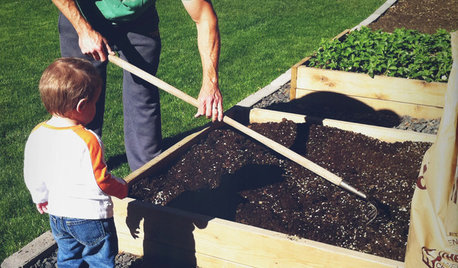
GARDENING AND LANDSCAPINGBuild a Raised Bed to Elevate Your Garden
A bounty of homegrown vegetables is easier than you think with a DIY raised garden bed to house just the right mix of soils
Full Story
FARM YOUR YARDHow to Build a Raised Bed for Your Veggies and Plants
Whether you’re farming your parking strip or beautifying your backyard, a planting box you make yourself can come in mighty handy
Full Story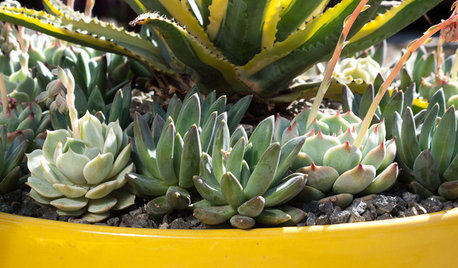
CONTAINER GARDENS3 Steps to Creating Quick, Easy and Colorful Succulent Containers
Take a bright container, add a colorful succulent or two and have a professional, summery design in minutes
Full Story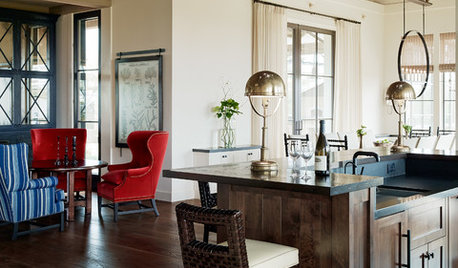
TRANSITIONAL HOMESHouzz Tour: A Family Home for Empty Nesters
After their last child moved out, this couple upsized to accommodate grandchildren and the rest of their extended clan
Full Story
HOUZZ TOURSMy Houzz: Empty Nesters Simplify in a Portland Loft
Chucking two-thirds of their stuff and heading to the city, a couple discovers the freedom of downsizing
Full Story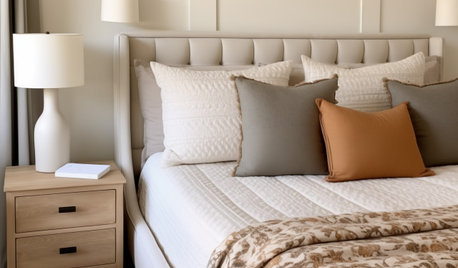
MONTHLY HOME CHECKLISTSYour Checklist for Quick Houseguest Prep
Follow these steps to get your home ready in a hurry for overnight visitors
Full StoryMore Discussions







pnbrown
kathyp
Related Professionals
Wrentham Landscape Architects & Landscape Designers · Alexandria Landscape Contractors · Cliffside Park Landscape Contractors · Concord Landscape Contractors · Fairfield Landscape Contractors · North Highlands Landscape Contractors · Petaluma Landscape Contractors · Vancouver Landscape Contractors · Cape Coral Decks, Patios & Outdoor Enclosures · Garden City Decks, Patios & Outdoor Enclosures · Hayward Decks, Patios & Outdoor Enclosures · Lincolnton Decks, Patios & Outdoor Enclosures · New Albany Decks, Patios & Outdoor Enclosures · Richmond Decks, Patios & Outdoor Enclosures · St. Louis Decks, Patios & Outdoor Enclosuresprairiemoon2 z6b MAOriginal Author
feijoas
prairiemoon2 z6b MAOriginal Author
pnbrown
feijoas
prairiemoon2 z6b MAOriginal Author
kathyp
just1morehosta
pnbrown
prairiemoon2 z6b MAOriginal Author
pnbrown
missy67
killjug
arwmommy
julieann_grow